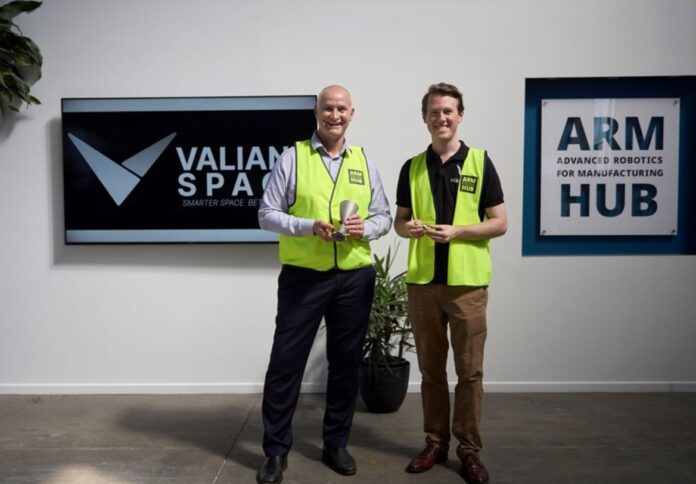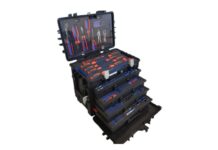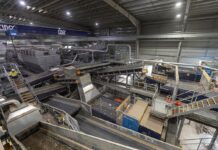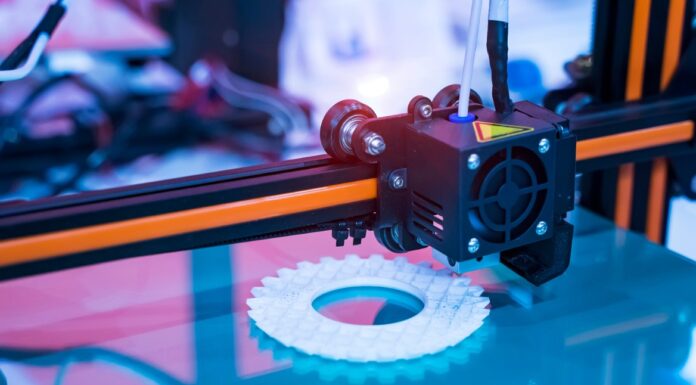
Queensland-based startup Valiant Space is sending Australian-made components into orbit onboard a SpaceX aircraft from the Kennedy Space Centre at Cape Canaveral.
Locally made components going into space were a first for an Australian Army, according to Glenn Butcher, minister for regional development and manufacturing.
Backed by the Queensland government’s Advanced Robotics for Manufacturing Hub (ARM Hub), the startup developed Australia’s first in-space chemical thruster for satellites manufactured with non-toxic propellants.
The Australian-made 3D-printed thruster will be sent into orbit with SpaceX on board Australian space services company Skykraft’s rideshare service.
The technology is mounted on the spacecraft to provide the main propulsion system for the satellite, enabling companies to perform fast-acting orbit raising and collision avoidance manoeuvres.
Andrew Uscincski, co-founder and chief executive officer of Valiant, said one of the challenges for new businesses in the space industry was the need to validate the product by successfully launching it into space.
The first step in this process will occur on a valve that is a crucial part of the thruster.
Once proven that the valve can survive a violent launch—-among other challenges—- Valiant’s full thruster will take off on a subsequent orbital mission in mid-2023.
“Existing options are made from very carcinogenic and difficult-to-handle chemicals which makes them very expensive because of all the development costs,” Uscinski said.
“Our thruster runs on nitrous oxide and propane – like what you would use in a barbecue, but slightly more pure – which gives a comparable performance to the toxic options, but without the need for high-cost handling infrastructure,” the CEO explained.
Valiant Space started off in 2020 as part of the ARM Hub workshop in Northgate, Brisbane.
“We were one of their first ARM Hub tenants in November 2020. ARM Hub offered us flexibility in leasing, which is fantastic for start-ups, and they have such a large warehouse that has allowed us to expand out as needed,” Uscincski said.
The Australian Space Agency recently awarded the company approximately $750,000 in funding as part of the federal government’s Moon to Mars Initiative supply chain grant.




















